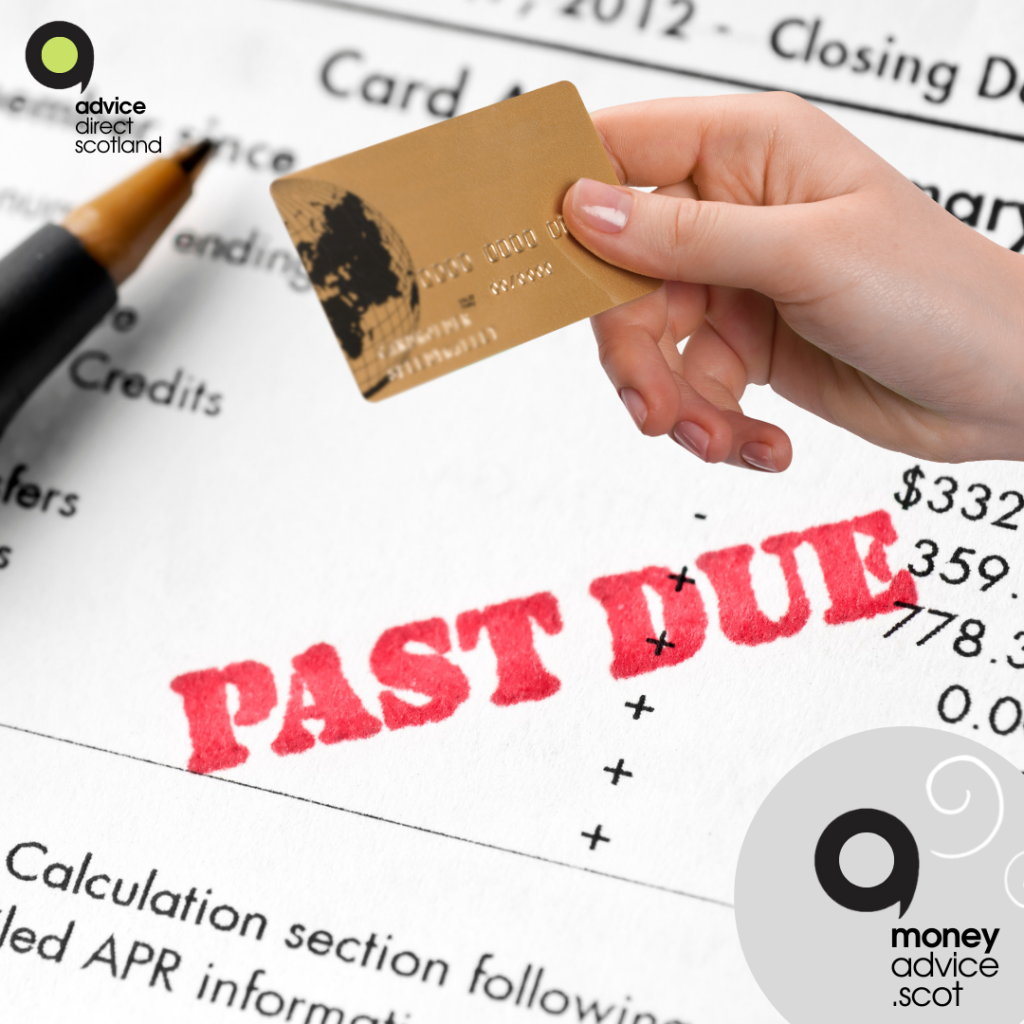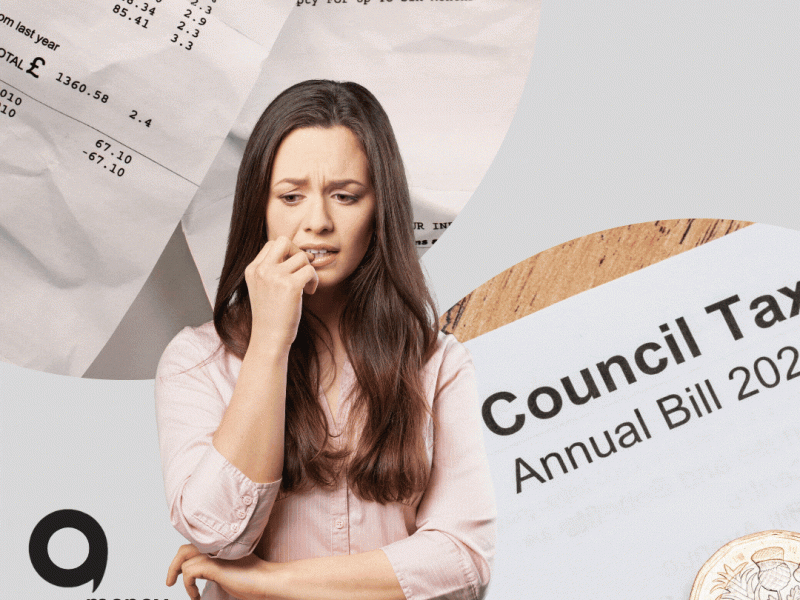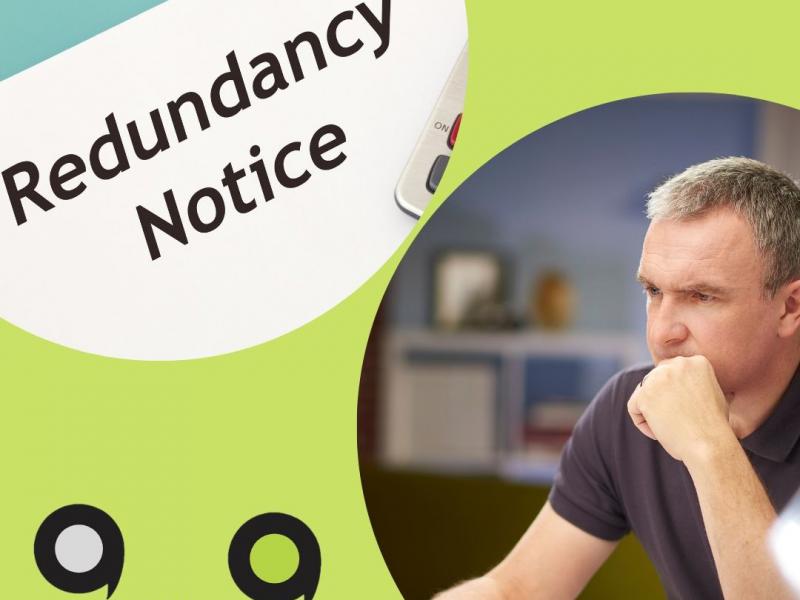
I have fallen behind with payments on my credit card and the company have sent reminders, advising they will take me to court and seek a CCJ for payment. I do not understand what this is or how to fix it. Can you help?
Credit cards are often referred to as ‘non-priority’ debts, however it is important that we ensure that if we are struggling with payments, we seek support and do not bury our head in the sand.
Problem debt does not just vanish, and it can have a long-term impact on our finances and ability to obtain affordable credit in the future.
When we fall behind with payments on financial products like credit cards, store card accounts, or personal loans, our creditors sometimes take legal action to seek payment, unless we do our best to get back on track.
County Court Judgements (CCJs) – Decrees in Scotland
A CCJ is an abbreviation of ‘County Court Judgement’ and is a legal court judgement by a creditor against a debtor whom they believe will not repay the money that they owe them. CCJ’s are used in England, Wales, and Northern Ireland.
In Scotland, the equivalent practise for the judgement of the court is known as a ‘decree’. You may hear some organisations referring to a decree as a CCJ, but it is important to know what each of these are and understand the difference.
The details of Decrees are supplied by the Sheriff Courts to the Registry Trust who maintain the records containing all small claims and summary cause money decrees granted in the Sheriff Court in the past six years.
The Registry Trust notifies credit reference agencies of all decrees, recalls and dismissals regularly to update credit records. These remain on the credit file of the person who owes the money, known as the ‘debtor’ for a period of six years and will show on the file as ‘satisfied’ when it is paid in full.
The procedure for satisfaction in Scotland is different to England and Wales in as far as the court does not submit a certificate of satisfaction, but a letter of satisfaction from the pursuer of the court action must be submitted to the Registry Trust with details of the original court action. This will be the creditor that you owe the balance of the credit card to.
So, What can I do to avoid this?
It is important not to ignore the situation – it will not just go away. In your case, the creditor has contacted you to advise that they have sought, or will be seeking the money they are owed through the courts.
The best thing to do would be to contact them to discuss your situation and clarify what stage legal action, if any, is at. They may be able to offer options of alternative ways of paying back what you owe, and they may even be able to freeze interest on the balance to help.
If your credit card provider is unable to help you, or you are struggling with debt, there are sources of support out there that can assist in getting you back on track.
Support when you need it!
Advice Direct Scotland run moneyadvice.scot, providing free, practical, and impartial information and support on a wide range of debt-related issues.
Our specialist advisers can work with you to assess your current situation; look at your income and outgoings; and consider what to do next.
You can contact us on 0808 800 9060 (Monday to Friday, 9am–5pm), or visit www.moneyadvice.scot for more information.



